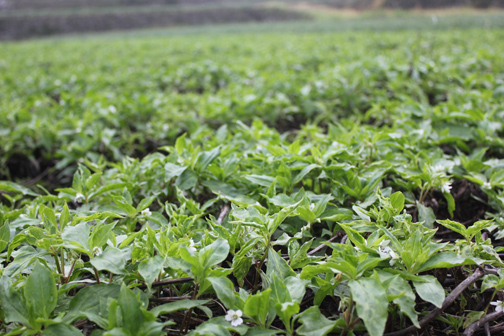An Ingredients Driven Company
Of the utmost importance to us is the quality and purity of our herbs. The potency of our formulas and single herbs – and the efficacy of your treatments – depend on this notion.
In the modern world, much of our daily lives have been contaminated by chemical processes, pesticides, pollution, foreign substances, and electrical magnetic field activity - the water we drink and swim in; the food, supplements and medications we ingest; the day to day life in which we exist.
Our goal at Classical Pearls is to manage, as much as possible, the sourcing of the crude herbs that make up our unique formulas, right through to the manufacturing. We establish relationships with farmers, growers and distributors of crude herbs in China and other parts of South Asia who've been carefully vetted to ensure that the planting and growing procedures are in accordance with the processes elucidated in the classical medical texts, and whose soil quality and cultivation practices meet our high standards. In addition, we use rigorous testing procedures during processing and manufacturing of the formulas and single herbs to ensure their safety and efficacy.
Sourcing & Preparation
Much research has gone into the sourcing of the appropriate locale (di), growing and harvesting (dao), and processing (paozhi) of the herbs used in the Classical Pearls line of products. Like vintners and their soil, terroir is particularly important to us. Our goal is to preserve and to ensure the ingredients in our products meet those strict standards.
Didao: Region-Specific Herb Harvesting (Terroir)
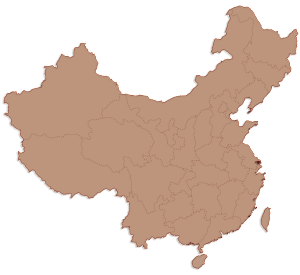 The term didao yaocai represents the concept of growing medicinal plants by incorporating the invisible forces of time and space, often referred to as the quality of terroir. Specifically, it is the ancient science of growing herbs in a specific place (di) and planting and harvesting them at a specific time (dao). Artisan productions of wine, coffee and chocolate are typical examples for terroir craftsmanship in the food sector.
The term didao yaocai represents the concept of growing medicinal plants by incorporating the invisible forces of time and space, often referred to as the quality of terroir. Specifically, it is the ancient science of growing herbs in a specific place (di) and planting and harvesting them at a specific time (dao). Artisan productions of wine, coffee and chocolate are typical examples for terroir craftsmanship in the food sector.
One of the best examples of how didao considerations can define and enhance the medicinal properties of a plant is aconite. More than 2,000 years ago Chinese observers of the natural world specified that only the aconite tubers cultivated around Jiangyou in Sichuan are of medicinal grade and thus worthy of being manufactured into the highly valued herbs Fuzi. Tianxiong, and Chuanwu. To further imprint the energetics of time, Jiangyou farmers collect aconite seedlings from the surrounding hills and plant them in the valley soil next to the River Fu right after the winter solstice, and then harvest the mature roots right before the summer solstice. In this way, the prototypical yang tonic Fuzi absorbs only the energy of the expansive yang part of the year. Cultivated in this way, Jiangyou aconite roots grow to be three times as large as elsewhere in China and are considered to be safer and more potent at the same time. Since space is limited in Jiangyou County, and traditional methods of growing and processing the roots are labor intensive, 95% of Chinese aconite is nowadays produced in large scale plantations in Shaanxi, Yunnan, and other parts of Sichuan Province.
The time-honored art of recognizing the unique quality of a locale’s soil and climate patterns is gradually becoming extinct, eclipsed by the economic and biochemical considerations of large-scale agriculture. This decline of didao appreciation and expertise parallels the disappearance of our planet’s species, languages, and tribal cultures. Classical Pearls is committed to supporting the ancient art of herbal alchemy by sourcing all of its ingredients from places where the conditions for the development of their medicinal properties are just right, and where they have been wild-crafted or cultivated for millennia by tribespeople or local peasants.
Paozhi: Precise Processing According the Classical Medical Texts
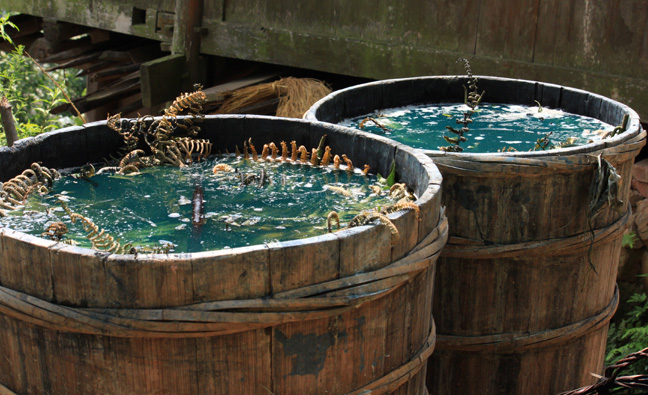 The art of using Chinese herbs for medicinal purposes is intimately connected to the process of collecting and cooking food. Cooking can render certain food items safer for consumption, enhance flavor, and synthesize multiple ingredients into a coherent whole. Similarly, paozhi—the art of processing medicinal substances according to traditional specifications—is a vital component of the science of Chinese herbal alchemy.
The art of using Chinese herbs for medicinal purposes is intimately connected to the process of collecting and cooking food. Cooking can render certain food items safer for consumption, enhance flavor, and synthesize multiple ingredients into a coherent whole. Similarly, paozhi—the art of processing medicinal substances according to traditional specifications—is a vital component of the science of Chinese herbal alchemy.
Immersion or frying an herb in a carrier substance--alcohol, vinegar, honey, brine, bran, or clay—can neutralize toxicity, change the energetic quality of an herb from cool to warm, direct its medicinal effect to a specific organ network, or simply awaken latent therapeutic potential. Soaking Danggui (Angelica sinensis) in alcohol, for instance, increases its blood moving effect; frying Sharen (Amomum) in high-quality salt can direct its action to the kidney network.
Like so many other techniques spawned by the wisdom traditions of ancient China, genuine paozhi has become a dying craft. Up to the end of the 19th century, classical prescriptions used to differentiate processing instructions for each of its ingredients. Nowadays, most Chinese medicine physicians don’t know how to prescribe processed herbs anymore; most pharmacies do not carry them, and most herb distributors cannot provide them. Even professional paozhi facilities tend to limit their services to procedures outlined in the standardized materia medica of the People’s Republic of China, and do not know how to execute most traditional paozhi instructions anymore.
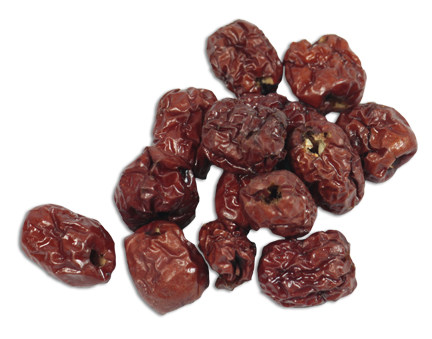 Paozhi knowledge and expertise was passed on in family lineages for generations. Since the 1980s, the PRC government has heavily scientized and standardized all aspects of Chinese herbal medicine. Development decisions are made on the basis of laboratory analysis, resulting in a dismissal of most labor-intensive ways of traditional processing methods. What little remains is done by machines. As a result, genuine experts who hold lineage based paozhi knowledge as well as a visceral understanding of when, exactly, a medicinal substance needs to be removed from the fire have become exceedingly rare.
Paozhi knowledge and expertise was passed on in family lineages for generations. Since the 1980s, the PRC government has heavily scientized and standardized all aspects of Chinese herbal medicine. Development decisions are made on the basis of laboratory analysis, resulting in a dismissal of most labor-intensive ways of traditional processing methods. What little remains is done by machines. As a result, genuine experts who hold lineage based paozhi knowledge as well as a visceral understanding of when, exactly, a medicinal substance needs to be removed from the fire have become exceedingly rare.
Classical Pearls is committed to support a revival of the ancient wisdom components of Chinese herbal science. We therefore partner with small family businesses that still maintain original paozhi knowledge and are able to execute the detailed traditional processing instructions for each of our high-quality formulations.
BUILDING RELATIONSHIPS
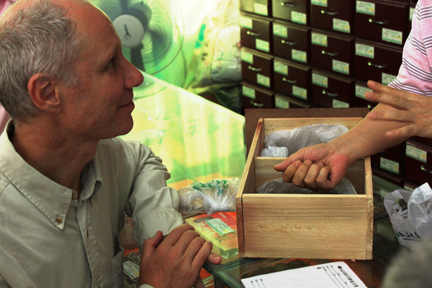 We Champion directly traded ingredients. Knowing the source of the raw herbs that go into our formulas and maintaining relationships with the providers of our herbs is of the utmost importance to us at Classical Pearls.
We Champion directly traded ingredients. Knowing the source of the raw herbs that go into our formulas and maintaining relationships with the providers of our herbs is of the utmost importance to us at Classical Pearls.
We champion directly traded ingredients and support farmers and brokers China, Vietnam, and throughout Asia who understand our mission of providing the highest quality formulas through purity and potency of the ingredients.
Both the quality of the soil and practices for growing and harvesting herbs are important to us, which is why we work to establish and maintain long-term relationships with smaller, rural farms and growing facilities.
Pesticides are not only toxic, they interfere with herb potency and quality. As such, we set stipulations with many of our herb providers to avoid chemical inputs of any kind (synthetic fertilizers, pesticides, herbicides, etc.). We support and encourage farmers who use sustainable growing and harvesting practices (such as the use of traditional, natural and organic fertilizers and pest control). We also go to great efforts to ensure that any wild-crafted herbs are harvested in an ecologically sound manner. Certified organic herbs aren’t always available from Chinese growers, so in such cases we make every effort to source the equivalent quality and the least checmically impacted raw herbs.
ABOUT CLASSICAL PEARLS ACONITE (FUZI)
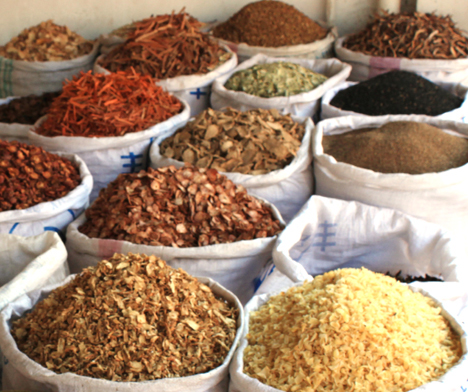 This video features an example of how the crude ingredients in our formulas and single herbs are processed according to traditional processing techniques (paozhi). Heiner Fruehauf tours an aconite processing plant in Jiangyou province, the traditional growing area (didao) and where we source ours, while explaining the steps of the traditional growing, harvesting and processing techniques that showcase why Classical Pearls' aconite is of superior quality and is safe for the modern practitioner to use.
This video features an example of how the crude ingredients in our formulas and single herbs are processed according to traditional processing techniques (paozhi). Heiner Fruehauf tours an aconite processing plant in Jiangyou province, the traditional growing area (didao) and where we source ours, while explaining the steps of the traditional growing, harvesting and processing techniques that showcase why Classical Pearls' aconite is of superior quality and is safe for the modern practitioner to use.




